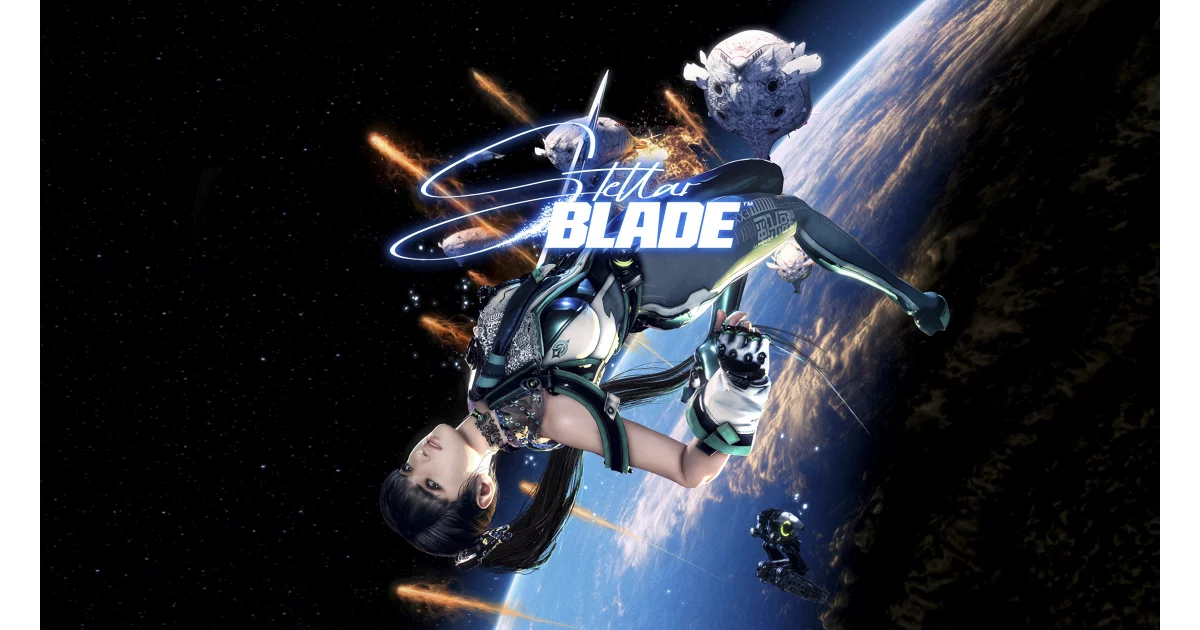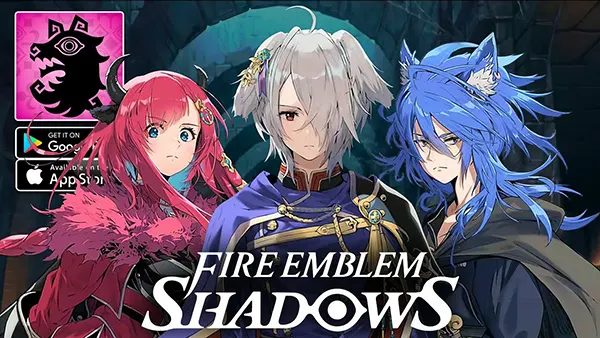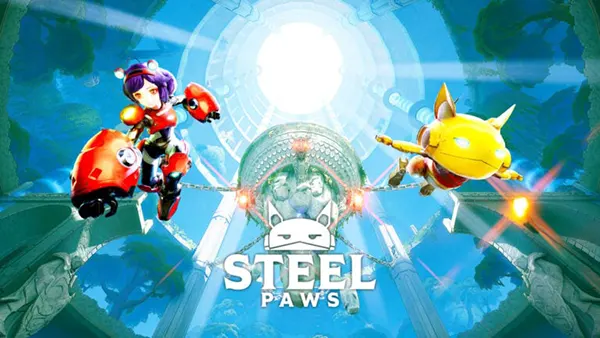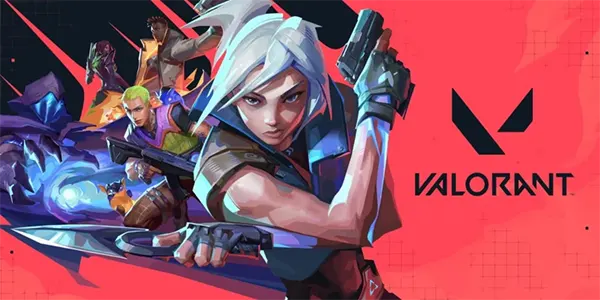Destiny 2 MMORPG Review
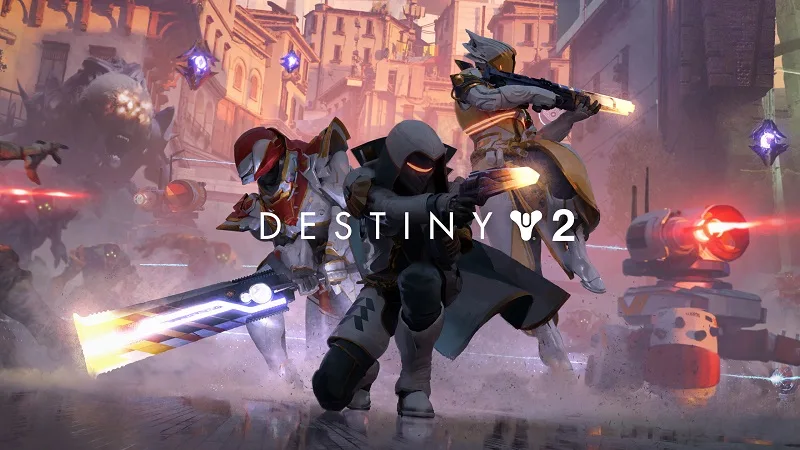
Destiny 2, developed by Bungie, is a widely acclaimed MMORPG that merges first-person shooting mechanics with a shared-world environment. Originally released on September 6, 2017, Destiny 2 quickly became a popular choice among gamers for its dynamic gameplay and immersive world-building. The game is available on multiple platforms including PlayStation, Xbox, and PC, offering a broad player base the opportunity to engage in both PvE (Player vs. Environment) and PvP (Player vs. Player) activities. Over the years, Bungie has continuously expanded the game with new content, ensuring that players remain engaged with fresh storylines, quests, and in-game events.
Destiny 2’s launch followed the success of its predecessor, Destiny, and has since evolved into a robust online experience. The game initially required players to purchase expansions to access new content, but in 2019, Bungie made the base game free-to-play, significantly increasing its player base. This move allowed more players to experience the vast world of Destiny 2, including its various expansions and seasonal events. Despite its age, Destiny 2 remains relevant in the gaming community due to Bungie’s commitment to delivering high-quality updates and addressing community feedback.
Game Plot
The narrative of Destiny 2 is deeply rooted in a rich lore that spans multiple expansions and seasons. The game’s story begins with the Guardians, humanity’s last defenders, facing a dire threat from a powerful alien force known as the Red Legion. Led by the formidable Dominus Ghaul, the Red Legion invades the Last City and strips the Guardians of their Light, the source of their power. Players embark on a journey to reclaim their Light, defeat Ghaul, and restore peace to the universe.
As the game progresses, players uncover ancient secrets and battle various alien races, each with their own agendas. The story is divided into major expansions, each introducing new threats and expanding the game’s universe. The most notable expansions include Forsaken, Shadowkeep, Beyond Light, and The Witch Queen, each of which adds new layers to the overarching narrative. These expansions not only introduce new enemies and challenges but also delve deeper into the motivations of key characters, enriching the player’s experience and providing a sense of continuity in the ongoing battle between Light and Darkness.
Game Features and Mechanics
Destiny 2 offers a variety of features and gameplay mechanics that set it apart from other MMORPGs. One of its standout features is the seamless integration of PvE and PvP elements, allowing players to switch between solo missions, cooperative gameplay, and competitive multiplayer modes. This flexibility ensures that players can enjoy the game in their preferred style, whether they are focused on completing story missions, exploring new areas, or engaging in high-stakes PvP matches.
The game’s weapon and gear system is another key feature, offering players a vast array of customization options. Weapons and gear can be earned through various activities, and players can enhance their equipment with mods and shaders to fit their playstyle. The introduction of seasonal content and challenges also keeps the gameplay experience fresh, with each season offering new gear, quests, and activities for players to engage in.
Additionally, Destiny 2’s social features enhance the multiplayer experience. Players can form fireteams with friends, join clans, and participate in large-scale raids that require teamwork and coordination. These raids are often considered the pinnacle of Destiny 2’s PvE content, providing some of the most challenging and rewarding experiences in the game.
What problems did the developers go through?
The development of Destiny 2 was not without its challenges. One of the most significant issues Bungie faced was the initial reception of the game at launch. While the game was praised for its mechanics and world-building, it also faced criticism for its repetitive content and lack of meaningful endgame activities. Many players felt that the game did not offer enough incentive to continue playing after completing the main campaign.
In response to this feedback, Bungie made several changes to the game’s structure and content delivery. The introduction of the Forsaken expansion in 2018 marked a turning point for Destiny 2, as it added a wealth of new content and addressed many of the issues players had with the game. Forsaken introduced a new story campaign, a restructured endgame, and the popular Gambit mode, which blended PvE and PvP gameplay.
Another significant challenge was Bungie’s separation from Activision in 2019. This shift allowed Bungie to take full control of Destiny 2’s development and publishing. While this move was welcomed by the community, it also placed significant pressure on Bungie to deliver consistent, high-quality content without the support of a major publisher. Despite these challenges, Bungie has managed to maintain the game’s popularity through regular updates and community engagement.
Finally, the ongoing battle against cheating and exploits in the game’s competitive modes has been a persistent issue. Bungie has implemented various anti-cheat measures and continues to work on improving the security of the game’s online environment. While these efforts have had some success, cheating remains a challenge that the developers must continually address to ensure a fair and enjoyable experience for all players.
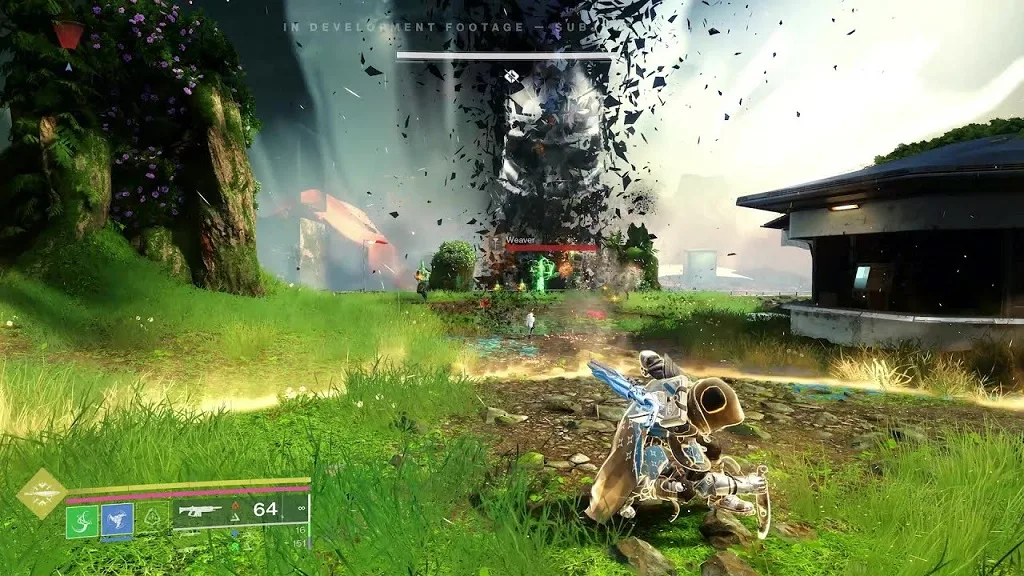
How often is the game updated?
Destiny 2 is known for its frequent updates and seasonal content, which keep the game fresh and engaging for its player base. Bungie follows a seasonal model, with each season lasting approximately three months. During each season, players can expect new story content, activities, and rewards, all of which contribute to the ongoing narrative of the game.
In addition to seasonal updates, Bungie releases major expansions approximately once a year. These expansions introduce significant changes to the game, including new locations, enemies, and gameplay mechanics. Recent expansions like Beyond Light and The Witch Queen have added substantial content to the game, often redefining the way players interact with the Destiny 2 universe.
Bungie also hosts special events throughout the year, such as the annual Solstice of Heroes and the Festival of the Lost. These events offer unique rewards and are often tied to specific themes or in-game lore. Additionally, Bungie regularly implements balance changes and quality-of-life improvements based on player feedback, ensuring that the game evolves to meet the needs of its community.
How do players rate the game?
Player reception of Destiny 2 has been generally positive, with many praising the game’s mechanics, story, and overall experience. On platforms like Steam, the game has received thousands of reviews, with a majority being positive. Players often highlight the game’s engaging gunplay, well-designed raids, and the depth of its lore as key strengths.
However, Destiny 2 is not without its criticisms. Some players have expressed frustration with the game’s reliance on microtransactions, particularly in relation to cosmetic items and season passes. Others have pointed out the game’s steep learning curve for new players, who may find it difficult to catch up with the extensive amount of content available.
Despite these criticisms, Destiny 2 has maintained a dedicated player base. The game’s community is known for being passionate and engaged, often providing valuable feedback that Bungie takes into account when planning future updates. Overall, Destiny 2 is regarded as one of the top MMORPGs available, offering a unique blend of action and role-playing elements that continues to attract new players while keeping long-time fans invested.

